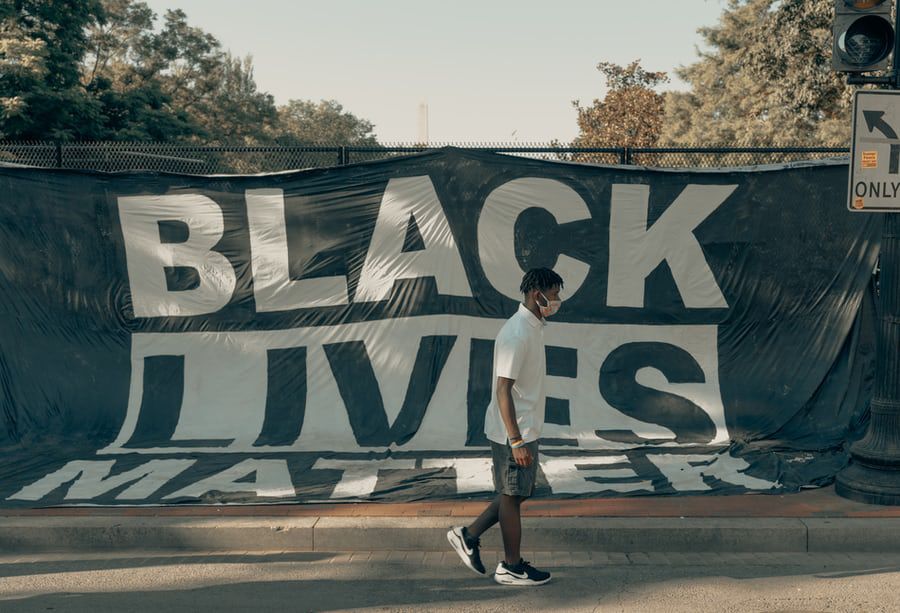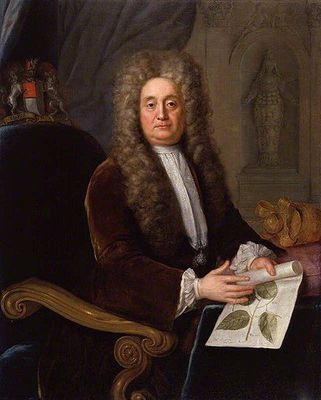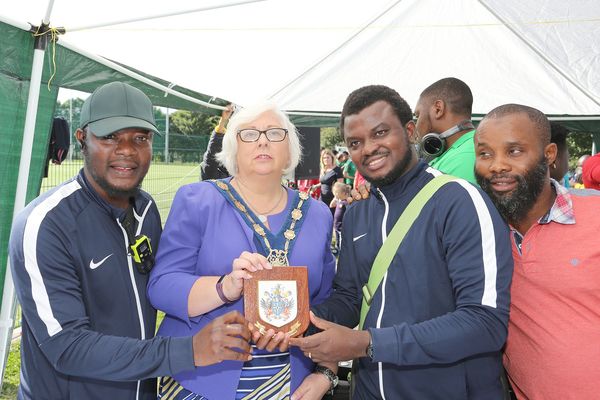THE print and broadcast media have been doing a round of introductions of distinguished and previously unknown black people to the cover of their products. Hopefully, black people are suddenly being mainstreamed. It is well known that across the water, in the United States or for our case here in Ireland, the British press has often carried a distorted overall presentation of the black community.
There is a caricature of the black male who is up to no good and whose best form of defence is the race card. They wanted positive discrimination to be the Eleventh Commandment, though that is often taken care of by the bias in the job market, healthcare, education opportunities and housing. So these stereotypes have been there in media for ages. It is good to see that finally some of the old media houses and even relatively new ones are putting lead positive stories of black people and promoting them on their cover pages and television stories. Is it a eureka moment? No. But it is good to see that changes are taking place at a certain pace, slow of course still.
Writing this column in the Belfast Media Group newspapers which circulate in the North, West and South of the city was for me initially no mean feat. Being a black man doing a writing gig for a newspaper in post-conflict society away from Africa, where I come from, is a learning curve in itself and I love it. It is also an eye-opener for the natives of Ireland/Northern Ireland who would rather indulge in something more important than reading my weekly rants, bouquets and sometimes officially dry humour. I feel honoured to share stories with you here.
An Irish acquaintance asked me one time to explain to her why our lives matter, is it not all lives that should matter?, she posed. It is because some of those people who hold the levers of power outside Africa believe that we are a junior race which must be aided by the white saviour syndrome and that is why for years, movements like the benevolent charity organisations went to take the lead of helping young Africa!
She was not having it. Let us just say Miss B concluded that compassion knows no colour. This is mostly true. Then she went on to imply that because this is not our motherland and we are part of minority populations in Europe, America and Asia, why should we demand absolute equality in comparison to our white brethren and sisters? Why? I think the undertone here is this, one cannot pull a cart before a horse.
For many years, here and elsewhere, I have met people who believe this and they will tell you that importance comes with numbers, so for example, absolute equality is only negotiable for Africans in Africa and other geographical locations like the Caribbean where their population is not the minority. Phew!
So for the newspapers to develop this new attitude, not some cosmetic ploy, it is a good thing for addressing the historical bias. The young black people and other ethnic minority groups should enjoy such a new movement, but will it really last?
Is the media finding it extremely difficult to produce and reproduce black faces without jeopardising their advertising revenue?
Was this a historical exaggeration?
Kara Walker. Artist.
— Eileen Scully (@eemscully) November 7, 2020
Bio:https://t.co/LzlOQhOWYM pic.twitter.com/TxmaxrhnKk
Well, there is only one leading black issues newspaper in the UK. The Voice was founded in 1982 and most of its stories spoke to the relevance of the 1.9 million black people in the country. In Ireland, a Nigerian journalist, Chinedu Onyejelem, and his colleague, Abel Ugba, who had emigrated to Ireland, founded the Dublin-published Metro Eireann which has been running since 2000. It is a small tabloid which focuses on issues affecting Ireland's immigrants.
Elly O Odhiambo is a Kenyan writer and frontline healthcare worker based in Belfast.









